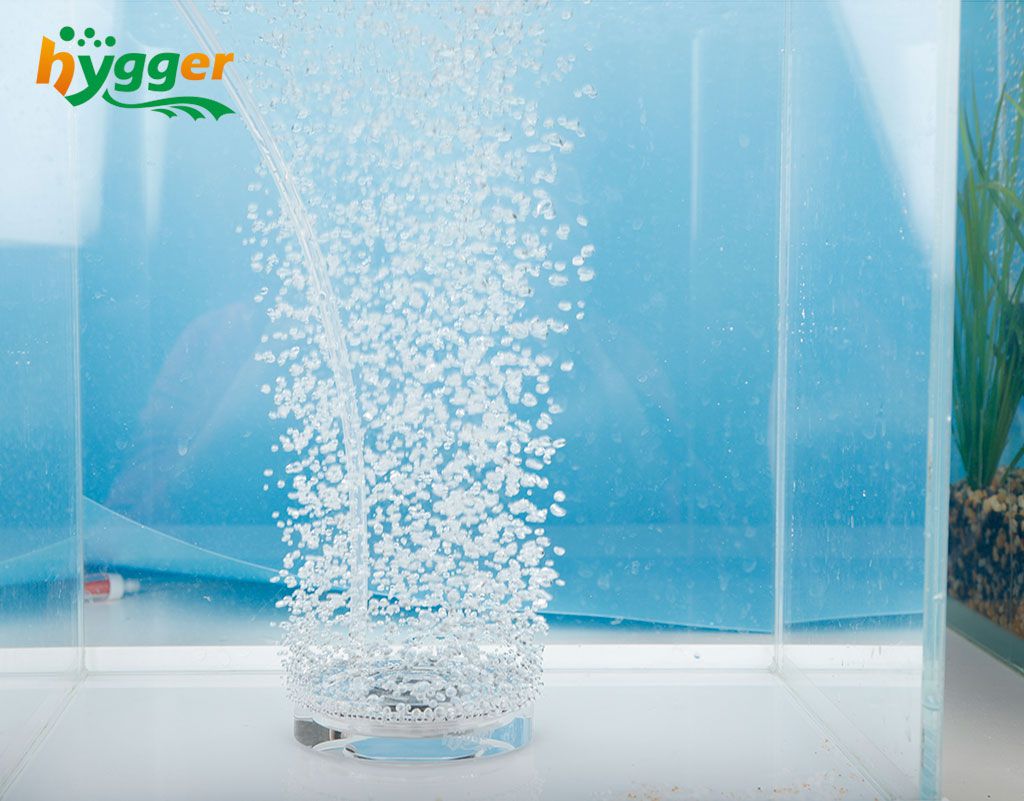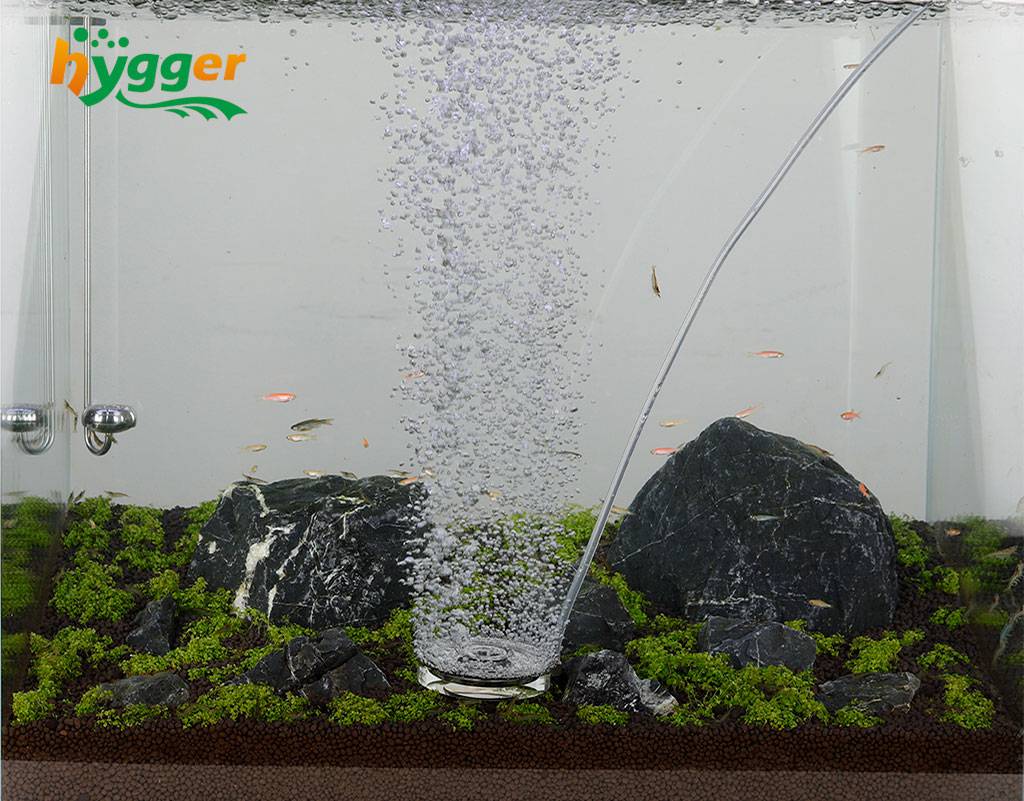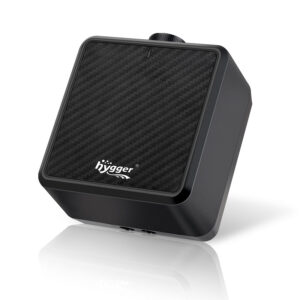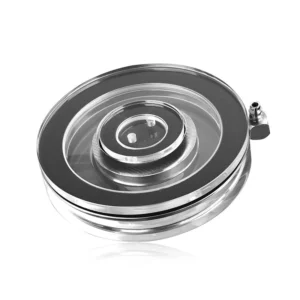Aquarium air stones are also named aquarium air bubblers, which can be made of wood, plastic, or quartz sand. Generally, air stones are porous. Also, an airstone can be connected to an air pump with an air hose. Then the air would be compressed out from the air pump, forming small bubbles in the water. So, do you know how to use air stones properly in aquariums? If the answer is negative, just continue reading. Today’s article will talk about the application of air stones.
Content Table
Are Air Stones Good for Fish Tanks
There are a plethora of benefits to adding air stones in fish tanks, such as:
- Water movement created by air stones helps to oxygenate the water.
- Water circulation improvement avoids anaerobic bacteria forming at the substrate.
- Air stones make sense in keeping great water quality.
- Lower aquarium maintenance frequency, while they also need less maintenance.
- Reduce the noise from the filtration system. (tip: the air stone should be kept one foot away from the filtration system.)
But do not rush to get an air stone in pet stores. Exactly, not all aquariums need an airstone. On the other side, there is no need to keep the air stone on all day and night. Take a 5-gallon tank with 3 small fish as an example. Generally, fish can survive without an air stone under normal circumstances. However, when facing low air pressure weather, it is necessary to add an air stone to prevent fish from suffocating and dying. Additionally, air stones are critically crucial for some fish and plants, such as Koi fish, Goldfish, and Anacharis.

Use Air Stones Correctly in Aquariums
In this segment, we will cover how to use air stones correctly in aquariums from the following aspects:
- Selection of air stones
- Location of air stones
- Frequency of air stones
- Daily maintenance of air stones
Selection of air stones
Seeing that strong air streams are not good for fish in tanks. It may cause stress to fish, or even suffocate them. Hence, the air stones should be small to create small bubbles. Besides that, here are things to consider when choosing an air stone, like dimension, power of the air stone, and aquarium size. As for a small fish tank, a 2W nano airstone is an excellent alternative, which can create constant bubbles and can be hidden under the water. For more info about the nano airstone, please go to the video of adding sparkle to the tank.
Location of air stones
In general, it is optimal to place the air stone near the bottom of the tank. Then, how to place the air stone in aquariums properly? Below are some tips for you:
- It is recommended to place the air stone on the stagnant water areas with less water circulation or less water flow.
- Do not bury the air stone under the substrate.
- The air stone should be kept one foot away from the filtration system.
- According to the layout of decoration in aquariums, you can place the air stone in the corner or center of the aquarium.

Frequency of using air stones
How long should you keep the air stone on? Usually, for tanks that need high oxygen levels, you should keep the air stone on for 24 hours. Nonetheless, as for tanks with fish and plants, it is feasible to turn off the air stone for several hours a day. But it is best to keep the air stone on at night. Because the plants would release carbon dioxide at night.
Daily maintenance of air stones
Regular cleaning is necessary. It is easy to clean by soaking it in a bleach solution for about 2–3 hours. Then rinse and dry the air stone. In addition to bleach solution, you can also clean your air stone with clean fresh water, hydrogen peroxide, vinegar, or cleaning tablets. Also, you can boil it. Just place the air stone in a saucepan, and boil for about 10 minutes (it is not friendly for acrylic materials).
How to Use Air Stones in Hydroponics
Next in this segment, let’s take a look at air stones in hydroponics. Commonly, the air stone should be placed on the bottom of the hydroponic container. As the air stone runs, small bubbles will rise to the plant’s roots. The stones provide oxygen to plants’ roots and allow plants to breathe better in the water. Moreover, an air stone makes it easier for plants to replenish nutrients more frequently, so they can absorb more nutrients. Consequently, plants can grow faster.
The Final Thoughts
In a nutshell, there are five ways to add more oxygen to your aquarium. For instance, add an air stone or air pump. Whether should you add an air stone depends on the pet species in your tank. That’s all for today. For additional info about the application of air stones in aquariums or hydroponics, welcome to leave messages in the comment. We are happy to receive your sharing. Finally, thanks for taking the time, and we hope this article helps.


Leave a comment